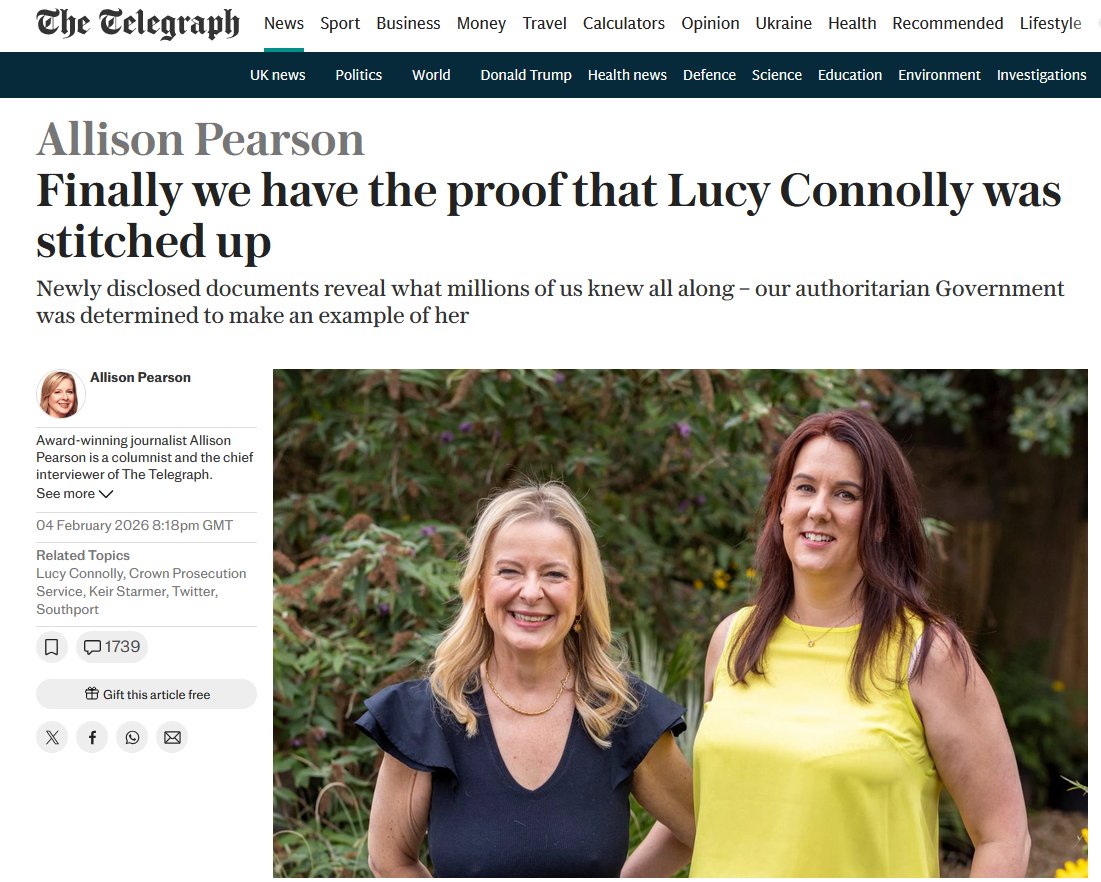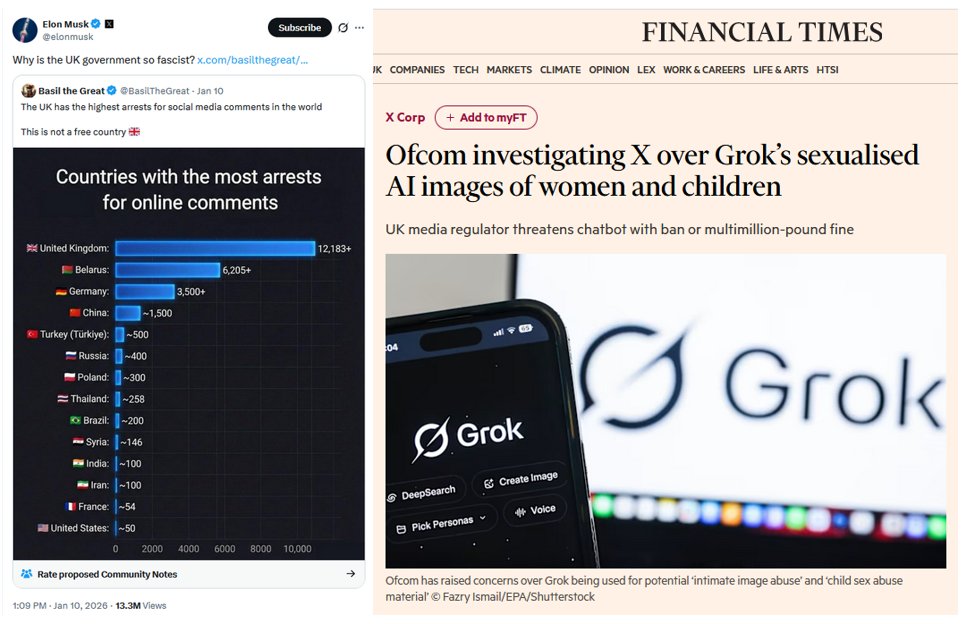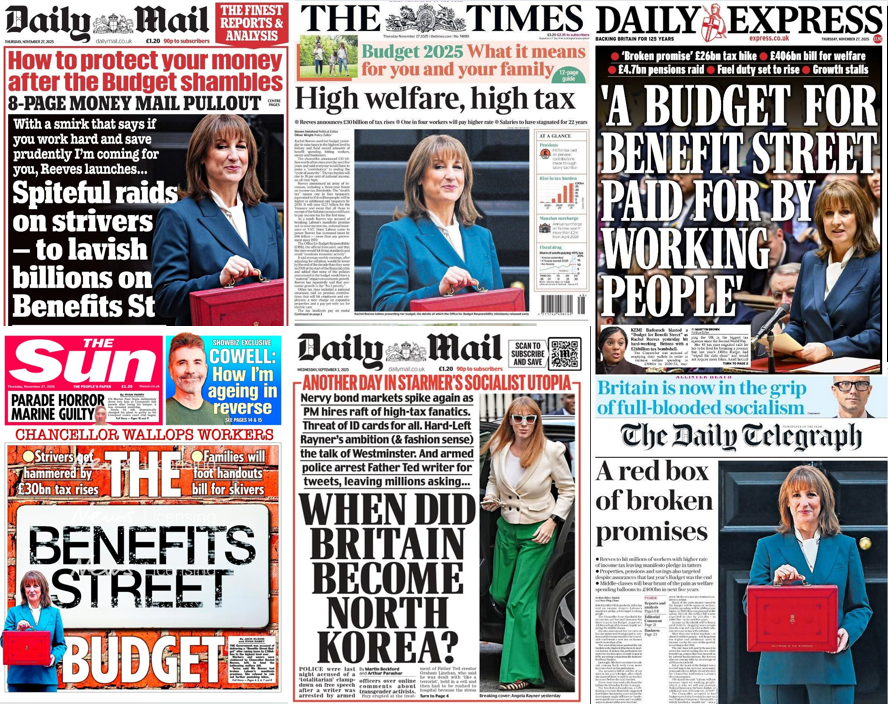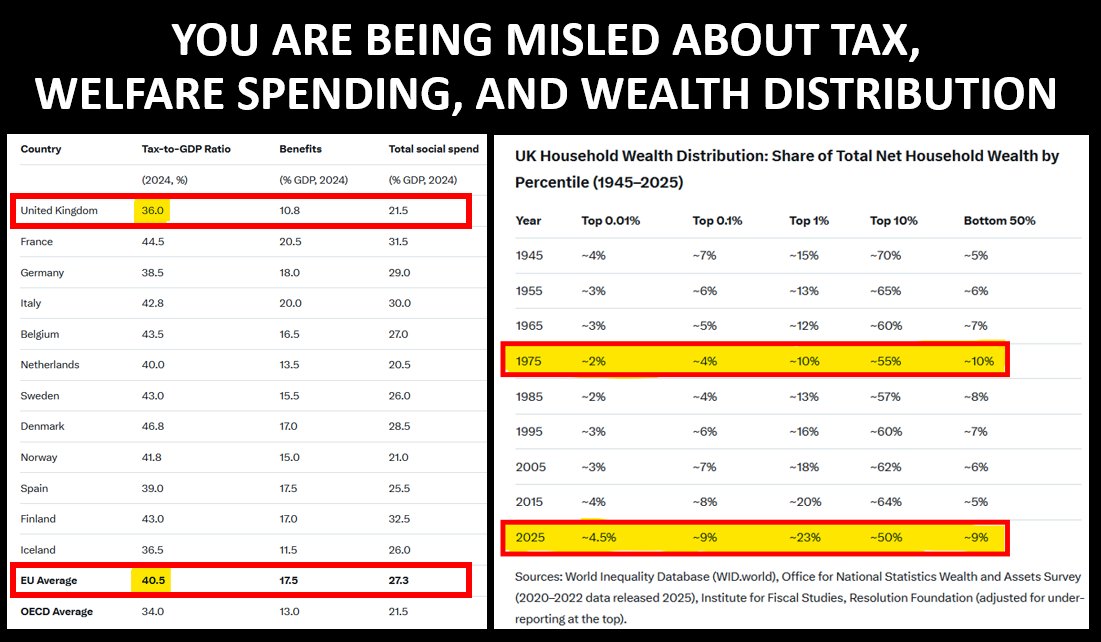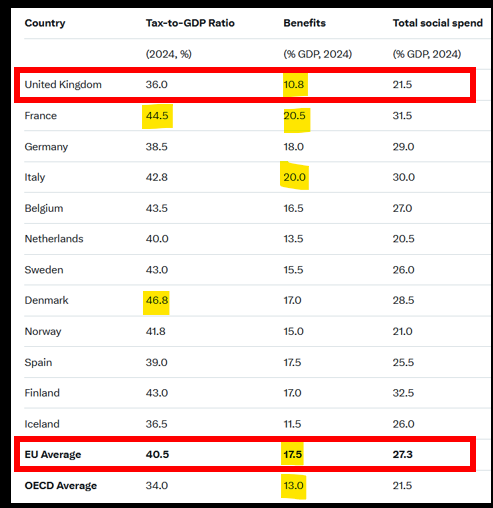The 2016 report into 'The rise of anti-politics in Britain' evidences the claim that there has been a rise of antipolitical sentiment over the last six decades.
Growing numbers of British citizens disapprove of Governments & PM's, threatening democracy.
eprints.soton.ac.uk/394835/1/__use…
Growing numbers of British citizens disapprove of Governments & PM's, threatening democracy.
eprints.soton.ac.uk/394835/1/__use…
More and more citizens judge politicians to be out for themselves and their party.
Since the 1940s and 50s, the average level of government disapproval has risen by about 20% to just over 60%, and prime ministerial dissatisfaction has increased by almost 20% to around 55%.
Since the 1940s and 50s, the average level of government disapproval has risen by about 20% to just over 60%, and prime ministerial dissatisfaction has increased by almost 20% to around 55%.

Citizens hold more and more grievances with
formal politics.
Citizens increasingly judge politicians to be self-serving and not straight-talking, but also to be out of touch, all the same, a joke, and part of a broken, dysfunctional and unfair system.
formal politics.
Citizens increasingly judge politicians to be self-serving and not straight-talking, but also to be out of touch, all the same, a joke, and part of a broken, dysfunctional and unfair system.

Prototypical categories include ‘the toff’ (who went from public school to Oxbridge to Parliament) and ‘the career politician’ (with little experience of life beyond politics).
They are also thought to be ‘all the same’ and focused mainly on swing voters in marginal seats.
They are also thought to be ‘all the same’ and focused mainly on swing voters in marginal seats.

MPs are: "arrogant, boorish, cheating, contemptable, corrupt, creepy, deceitful, devious, disgraceful, fake, feeble, loathsome, lying, money-grabbing, parasitical, patronising, pompous, privileged, shameful, sleazy, slimy, slippery, smarmy, smooth, smug, spineless & traitorous". 

Citizens think of politicians as beneficiaries of a system that is broken and unfair, with too many safe seats and wasted votes.
Significantly, anti-political sentiment is associated with support for #populism: populist nationalism is VERY easy to mobilise, & is on the rise.
Significantly, anti-political sentiment is associated with support for #populism: populist nationalism is VERY easy to mobilise, & is on the rise.

Populists position themselves as being different from politicians and parties in general; as representing ‘the people’ against ‘the out of touch and corrupt elites’; as representing ‘common sense’ in a field otherwise characterised by ‘vested interests’ and ‘grubby compromises’. 

In doing so, they make a series of misrepresentations: that there is just one people; that they are of that people (and other politicians are not); that there is no mutual interdependence between that people and other peoples (whether external populations or internal minorities); 

..that there's no need for negotiation & compromise between many competing interests & opinions; & that there's no need for procedures & institutions oriented towards negotiation, compromise, the making of collective decisions, & the imposing of binding decisions ("bureaucracy"). 

Negative feeling towards the institutions of formal politics strongly predicts support for populist nationalist parties: it's why our institutions are ALWAYS under attack from right-wing politicians & news platforms: they're pushing the buttons - it's WHAT THE CULTURE WAR IS FOR. 

This report was written in 2016. Since then, everything has got MUCH worse: we're dangerously polarised, & democracy is under threat.
Educating people to have critical thinking skills is important, but first & foremost, politicians must behave more ethically. I fear the worst.

Educating people to have critical thinking skills is important, but first & foremost, politicians must behave more ethically. I fear the worst.


• • •
Missing some Tweet in this thread? You can try to
force a refresh


